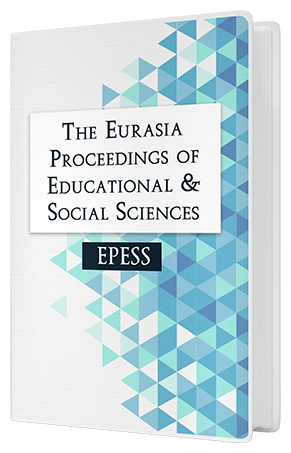Moral Exemplars and Moral Followers on Twitter: Human Rights Activism and Politeness
DOI:
https://doi.org/10.55549/epess.1381508Keywords:
Moral exemplar, Moral follower, Twitter, Politeness, Malcolm XAbstract
Until recently, studies on moral exemplars focused on the characteristics or roles of exemplars in moral education. However, the issue of the possible effects of moral exemplars on their followers lacked adequate coverage in studies on psychology. Thus, the current study discussed the concept of moral following in the context of social media. The study conducted a comparison between Twitter users engaged in Malcolm X and human rights activists unengaged in moral exemplars. The accounts of moral followers (N = 20) were compared with those of human rights activists (N = 20). Tweets were subjected to content analysis, and categories related to activism were determined. The groups were compared in terms of the seven categories using the Mann–Whitney U-test. Statistically significant differences were observed between the groups in terms of impoliteness (U = 83; p < .01), prejudice/discrimination (U = 130; p < .01) and antisocial rights/justice-seeking (U = 126,5; p < .05). The results demonstrated that moral followers preferred offensive and impolite language. The findings were discussed in the context of possible explanations.Downloads
Published
Issue
Section
License
Copyright (c) 2023 The Eurasia Proceedings of Educational and Social Sciences

This work is licensed under a Creative Commons Attribution-NonCommercial-ShareAlike 4.0 International License.
The articles may be used for research, teaching, and private study purposes. Any substantial or systematic reproduction, redistribution, reselling, loan, sub-licensing, systematic supply, or distribution in any form to anyone is expressly forbidden. Authors alone are responsible for the contents of their articles. The journal owns the copyright of the articles. The publisher shall not be liable for any loss, actions, claims, proceedings, demand, or costs or damages whatsoever or howsoever caused arising directly or indirectly in connection with or arising out of the use of the research material. All authors are requested to disclose any actual or potential conflict of interest including any financial, personal or other relationships with other people or organizations regarding the submitted work.




